Sustainable reconditioning for circular trade

E-commerce in a circular economy requires renewed business models where resources and products are reused and used for as long as possible, which means that return flows and reconditioning of products become the main deciding factors in planning and implementation. In this project we explore what a circular e-commerce means and its challenges in returning consumer products to the market for reuse - again and again.
Goal
The project's objectives are:
- compilation of critical factors and good examples of reconditioning and recycling of consumer products for circular e-commerce
- generate new knowledge in circular e-commerce and logistics
- skills increase for participating companies and players in reconditioning and its impact on/enabling circular e-commerce
- establish a consortium for larger projects and further development of circular e-commerce
- implemented and evaluated more environmentally friendly and cost-effective processes for Parently and at Duni/Idun
Purpose
The circular paradigm advocates new business models and concepts that take us beyond today's wear-and-throw arrangement and instead provide consumers with products as services. However, there are major challenges and a lack of knowledge about how this should be done in practice, not least concerning the reconditioning and recycling of consumer products.
The overall aim of this project is to gain a deeper understanding of critical parameters in the reconditioning and recycling of consumer products for a circular e-commerce.
Facts
The project manager is Lund University and the project partners are Parently and Duni. In addition to this, about 15 different actors are involved in the project.
If you have any questions, please contact us


